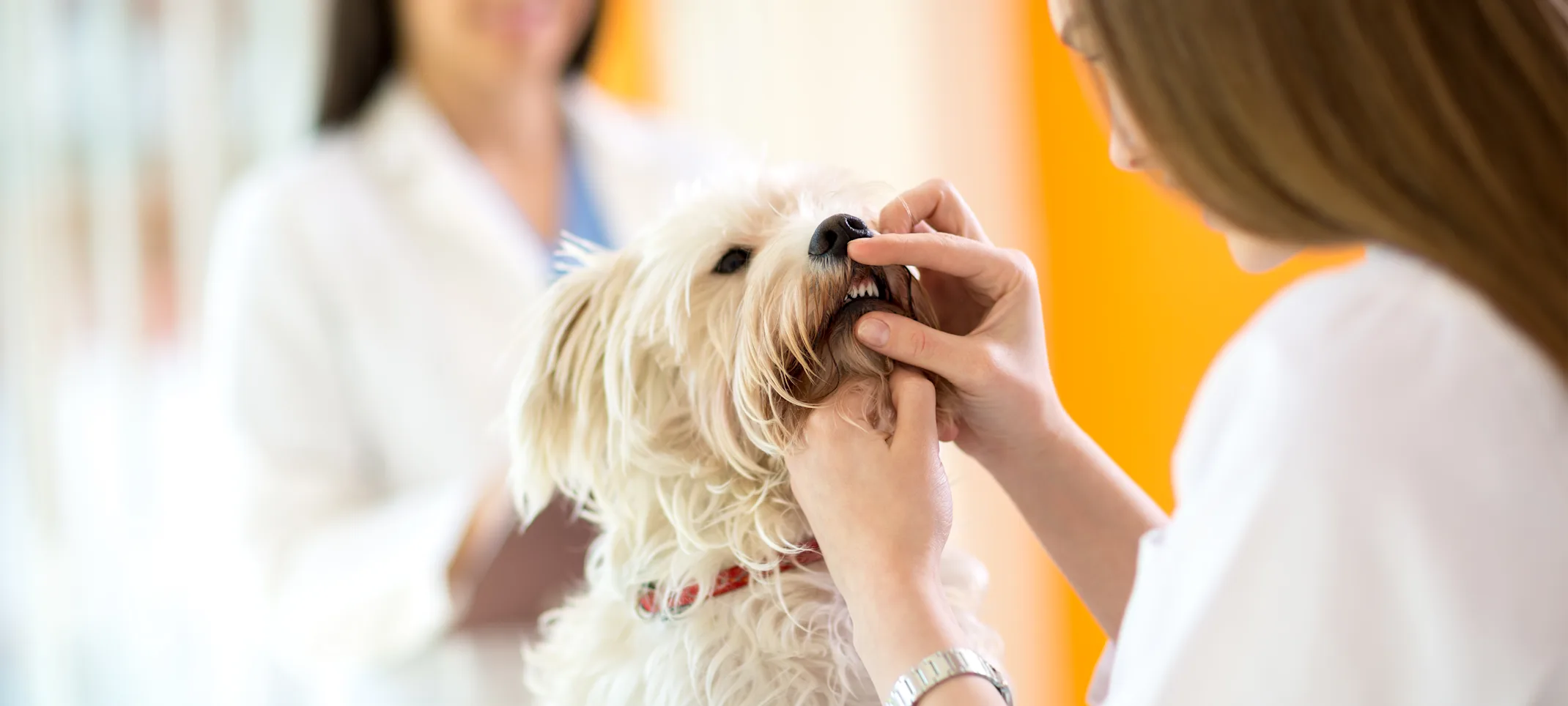Animal Specialty & Emergency Center of Brevard
Laryngeal Paralysis
Laryngeal paralysis is the complete or partial failure of the arytenoid cartilages and vocal folds to open when a pet attempts to breathe in.

Laryngeal paralysis could lead to upper respiratory obstruction and mild to severe breathing difficulty.
Laryngeal paralysis is a congenital, inherited condition in Bouviers des Flanders, Bull Terriers, Siberian Huskies, and White-Coated German Shepherds.
Most cases of acquired laryngeal paralysis are considered unique to the pet, but many are likely due in part to progressive generalized nerve disease. Labrador Retriever is the most commonly affected breed.
Initial diagnoses can typically be made based on medical history and physical exam. The diagnosis is usually confirmed during a laryngeal exam under a light plane of anesthesia just prior to surgery.
Surgery is recommended for patients with moderate to severe signs.
Unilateral arytenoid lateralization (“Tie-back”) is the surgical treatment of choice. Outcomes are generally good with few complications.
More than 90% of patients will have less respiratory distress and improved exercise tolerance following surgery.
OUR SURGERY AND NEUROLOGY TEAMS ARE WELL VERSED IN DIAGNOSIS AND CORRECTIVE SURGERY FOR LARYNGEAL PARALYSIS.
Please call us at (321) 725-5365 to schedule an exam or surgical consultation.
